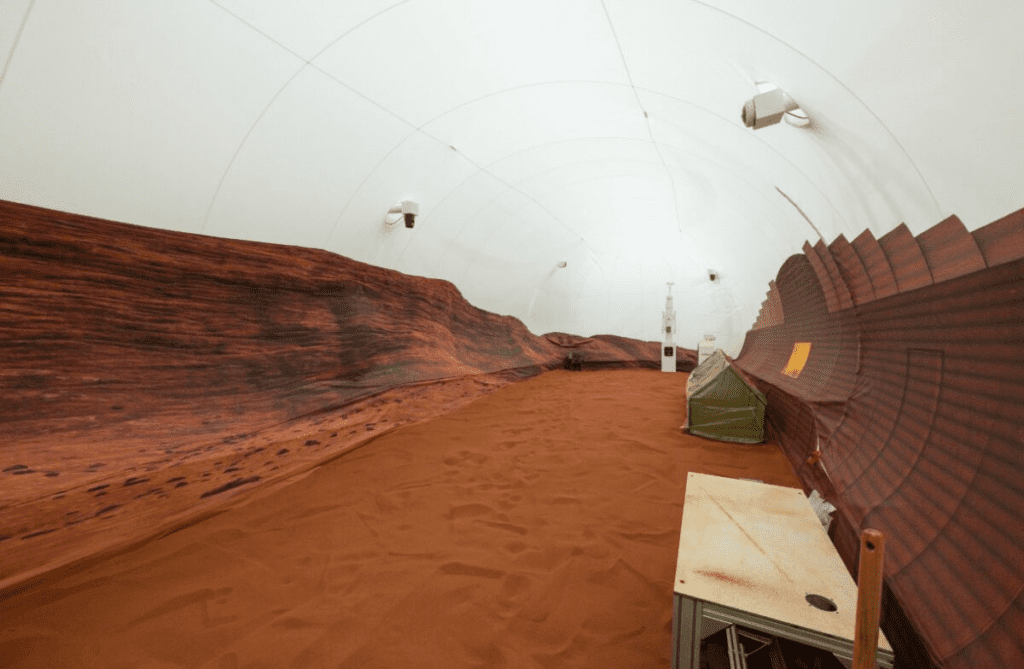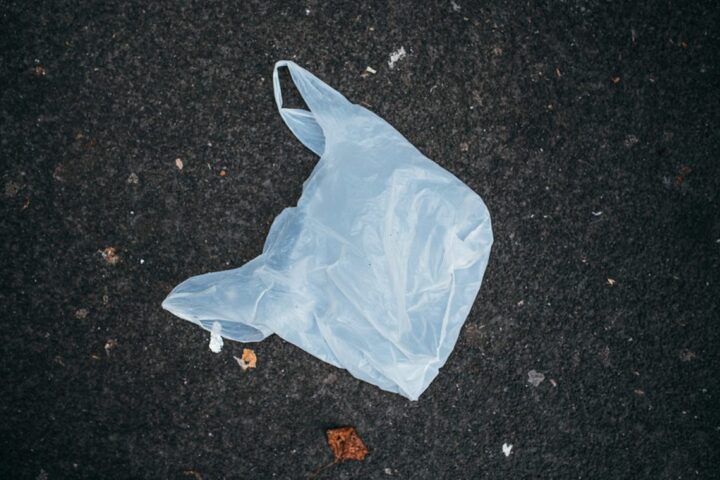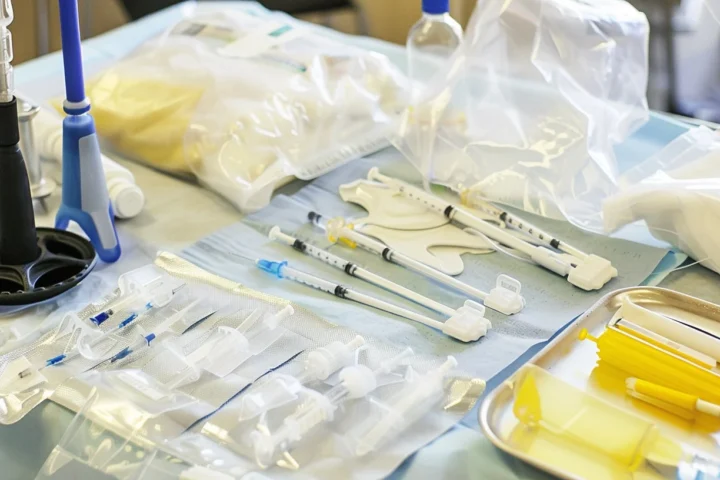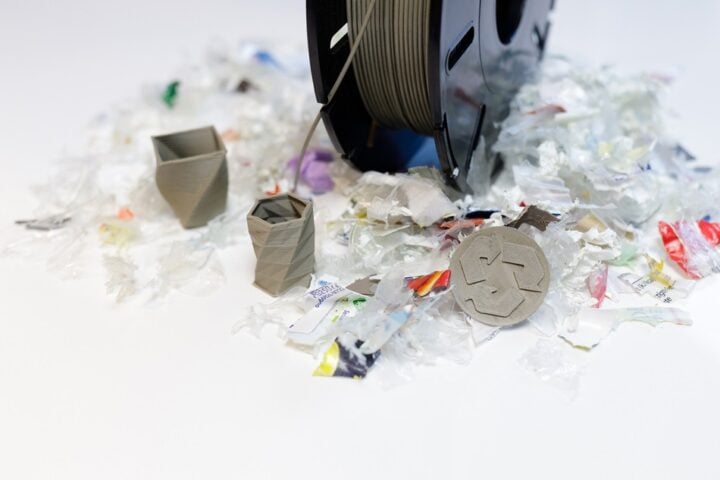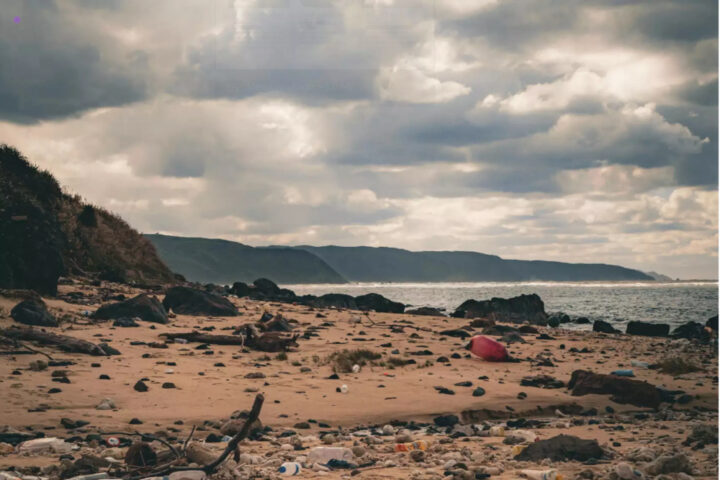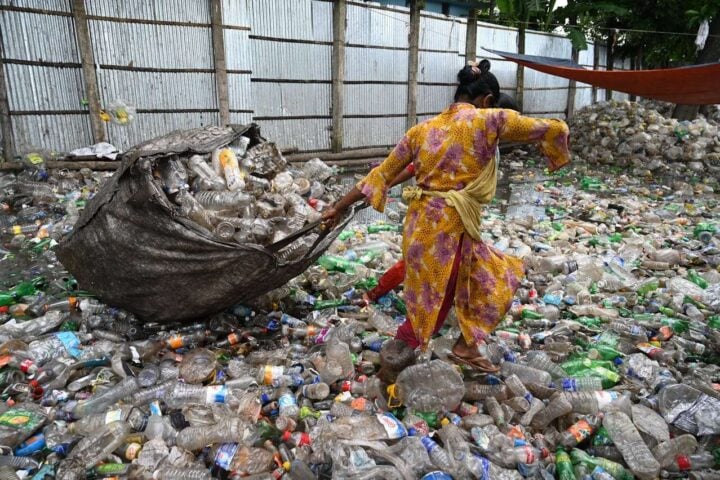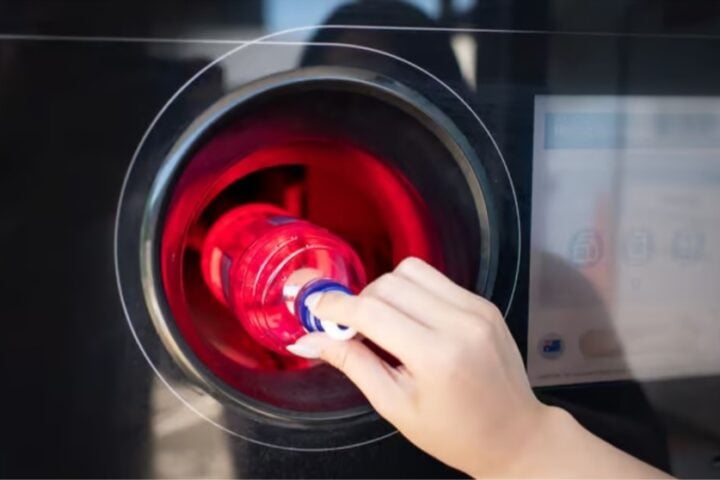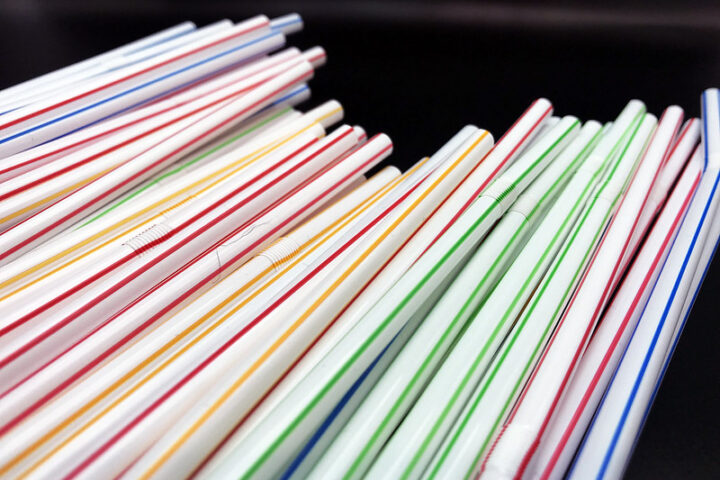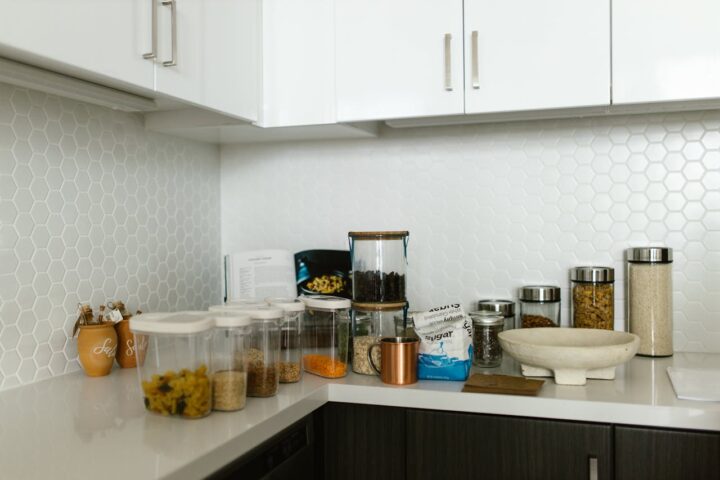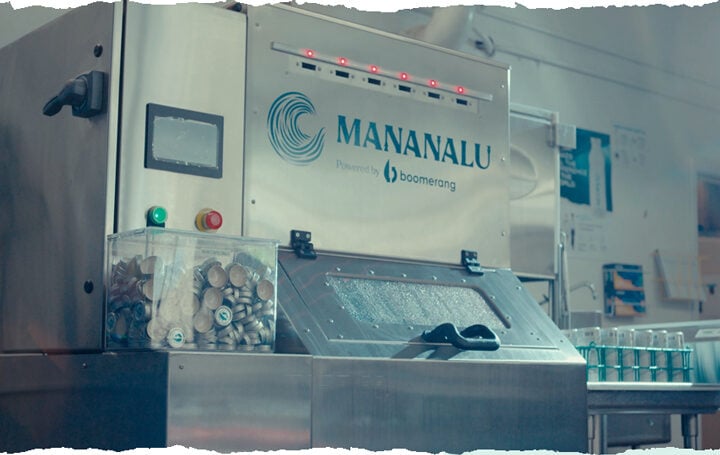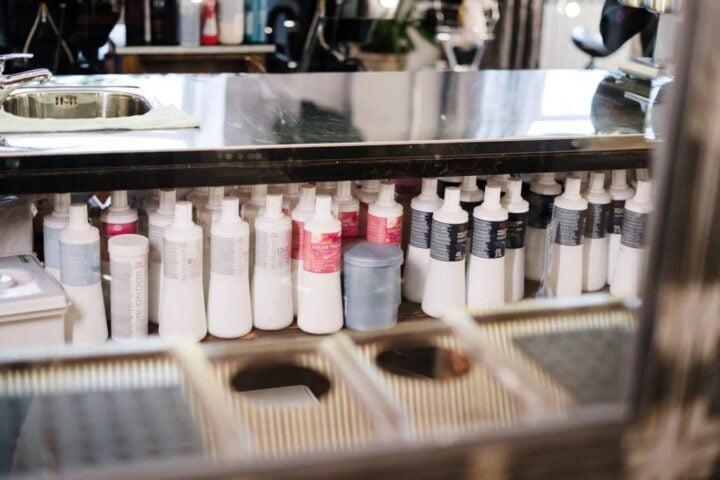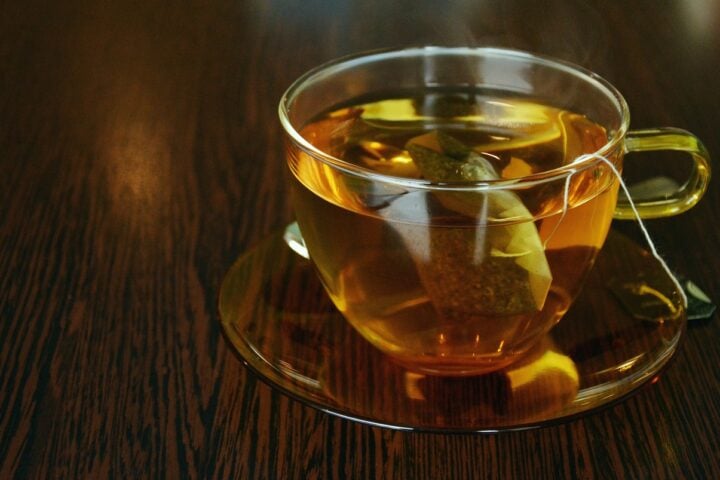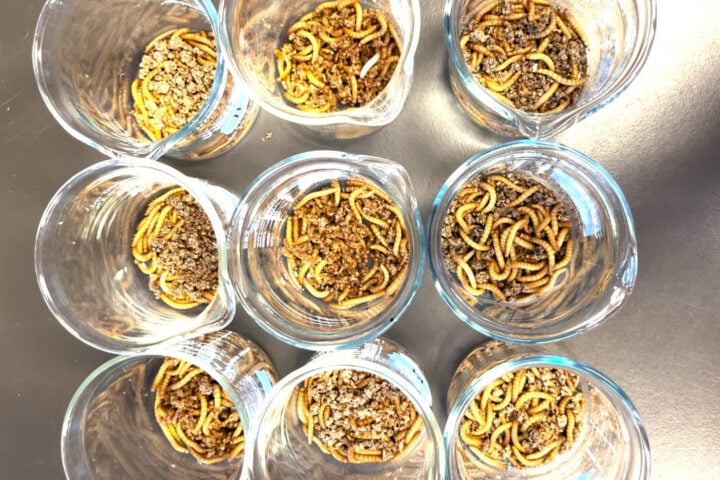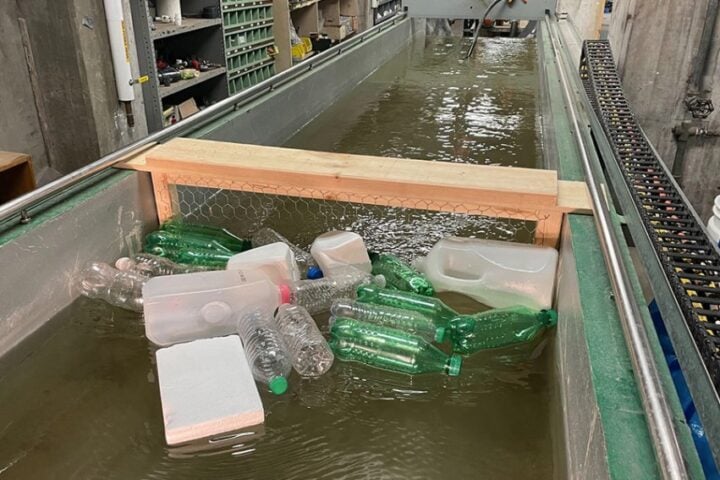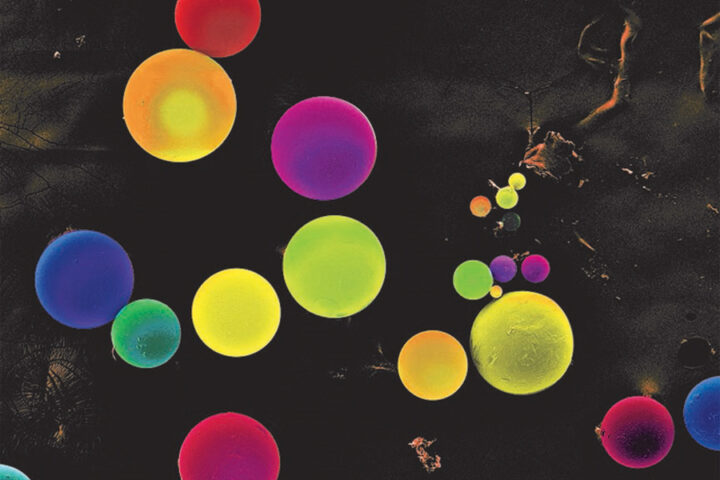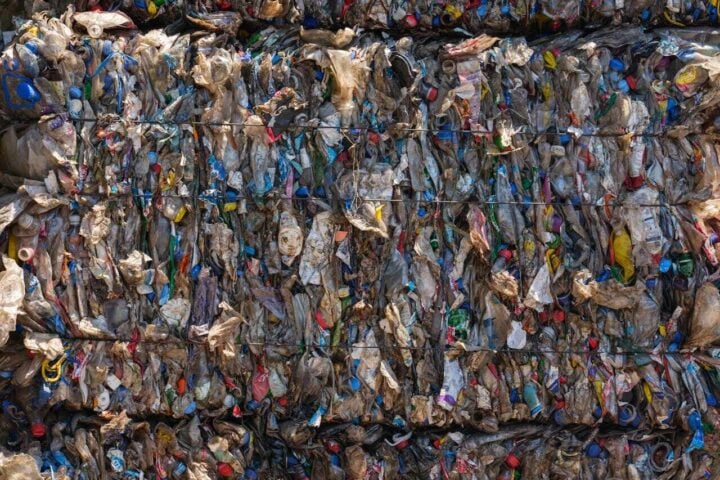A bacteria that “eats” plastic has been uncovered by the researchers. The quantity of plastic produced every year is more than 380 million tons. Only less than 5% of all plastic is recycled.
Someday, Comamonas testosteroni could become nature’s plastic recycling Center. CT (Comamonas testosteroni) has a natural appetite for complex waste from plants & plastics.
The metabolic mechanisms that enable CT to digest plastic have been deciphered by Northwestern University-led study. Novel biotechnology platforms could potentially be reached with the new information.
The species of Comamonas are found nearly everywhere, including in soils & sewage sludge, Comamonas testosteroni first caught researchers attention with its natural ability to digest synthetic laundry detergents.
It was discovered by scientists that this natural bacterium also breaks down compounds from plastic & lignin. More promise for large-scale recycling applications is held by bacteria with natural abilities to digest plastics.
Bacteria in soil provide an untapped, underexplored, naturally occurring resource of biotechnical reactions that could be exploited to help deal with plastic waste. Northwestern‘s Ludmilla Aristide & PhD student Rebecca Wilkes LTD the study.
Collaborators from the University of Chicago, Oak Ridge National Laboratory, & Technical University of Denmark were included in the study. CT, a common bacterium, has the potential to consume plastic.
Thus, this bacterium’s characteristics could make it an ideal candidate for use in municipal & other large-scale recycling operations. The most well-studied bacterial model organism is E Coli. Various forms of sugar are readily consumed by E Coli. E Coli is involved in most projects to engineer Bacteria. CT cannot use sugar, making it an attractive platform.
A different source of carbon is really wanted by Comamonas testosteroni. Compounds with a ring of tasty carbon items are contained in materials such as plastic & lignin.
A majority of these carbon compounds have complex bond chemistry. Microbiology has amazing power & could play an important role in establishing a circular economy.

